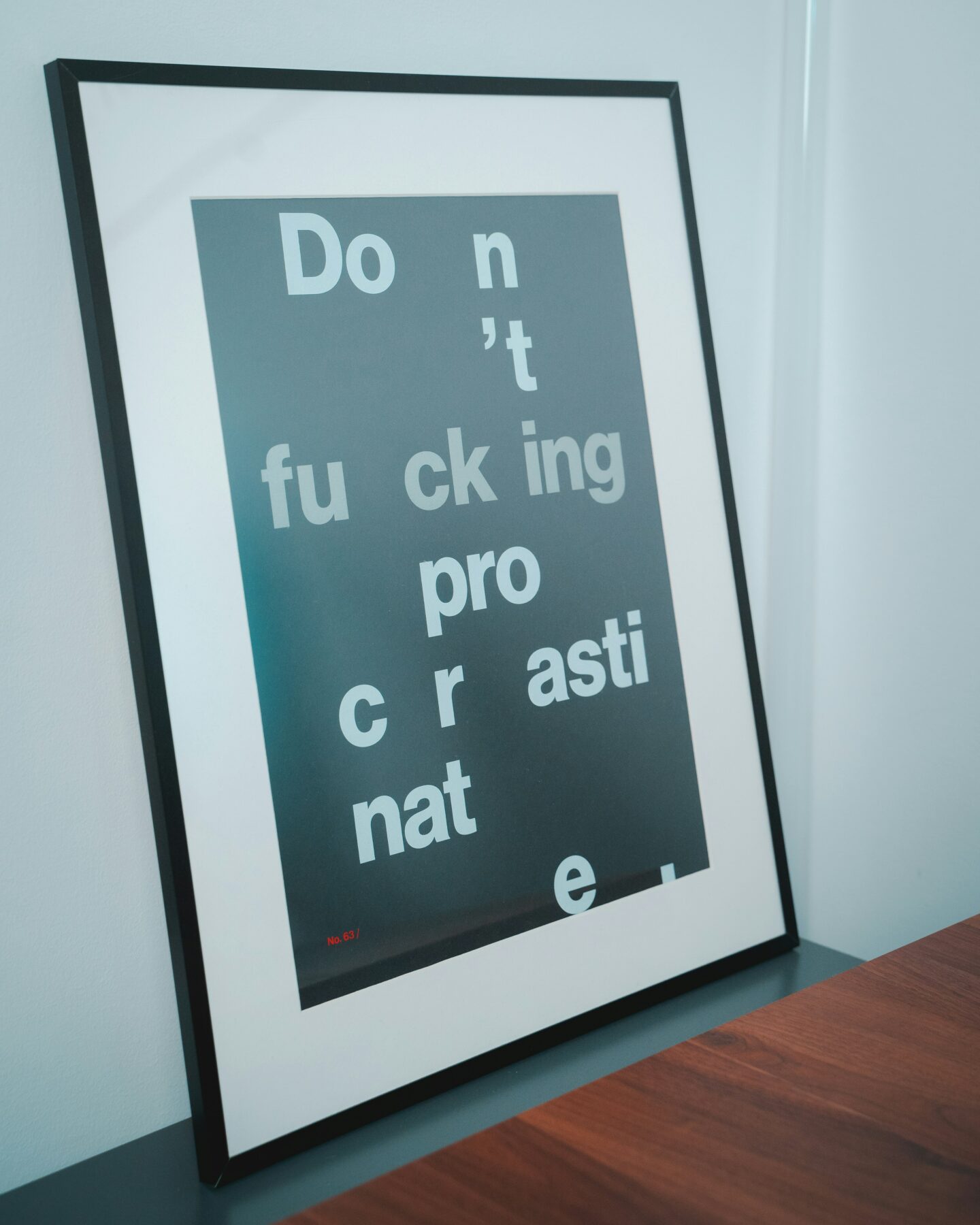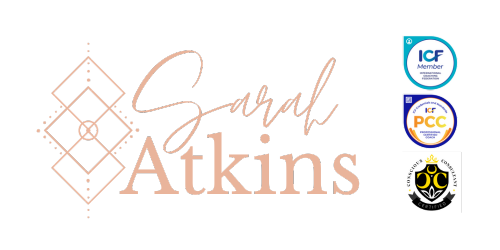Procrastination isn’t always about avoidance
Procrastination: the act of delaying or postponing a task or set of tasks. We’ve all experienced it, but its roots and manifestations can vary widely, especially for neurodivergent individuals. In this post, I wanted to explore procrastination through the lens of neurodivergence and Human Design. To shed some light on its diverse causes and offer up some strategies for managing it effectively.
Why Do We Procrastinate?
Procrastination can originate from many sources, including lack of motivation, fear of failure, or deeper issues like anxiety and depression. For neurodivergent individuals, however, such as those with autism or ADHD, procrastination can present itself as a response to challenges that go beyond mere avoidance.
I include myself in this by the way. As a self-confessed ‘Queen of Procrastination’, over the years I have earned myself the nickname lastminute.com! (Not something I’m particularly proud of FYI). But it’s only in the last couple of years that I have started to recognise what I am actually doing & why.

Neurodivergent Perspectives on Procrastination:
1. Autistic Inertia:
Imagine a train at a standstill, it requires a significant amount of energy to get moving & move out of the station. This analogy represents autistic inertia. This is where an autistic individual may struggle to transition between tasks or routines. Starting a new task can feel massively overwhelming or difficult, like pushing a boulder uphill. Which can lead to procrastinating as a coping mechanism.
2. Sensory Overload:
For neurodivergent individuals, sensory overload can also exacerbate procrastination tendencies. The world can be overwhelming. With distractions like noise, lights, or clutter making it difficult to focus. Procrastination can serve as a way to escape or avoid the sensory overwhelm and help to regain some sense of control. By doing something perceived as easy or low stimulation like watching YouTube videos, playing CandyCrush or even hoovering!
3. ADHD and Executive Function Challenges:
ADHD presents its own set of procrastination challenges, primarily related to executive function. Tasks might get delayed, not out of dislike, but the difficulties around initiating and organising them. The thrill of last-minute pressure can paradoxically help individuals with ADHD focus and hyperfocus, leading to bursts of productivity. So whilst many individuals with ADHD get labelled as lazy or unorganised, IF they have the ability to hyperfocus, they can achieve the same amount of tasks in half the time.
4. Rejection Sensitive Dysphoria:
People with Rejection Sensitive Dysphoria have such a strong emotional reaction to negative judgments, exclusion, or criticism from others that it can send them into a mental tailspin. This can lead to overthinking, anxiety or a pit-of-the-stomach malaise that won’t let them move forward with their day. Fears around being rejected or even a perceived rejection, can lead to avoidance or procrastination to avoid the rejection.
Procrastination Through the Lens of Human Design:
Understanding your Human Design can provide valuable insights into how you approach tasks and how procrastination might show up for you. For example, Generator energy types may thrive on busyness, but they can also be prone to overthinking & struggle with overwhelm. While Manifestors may be great at initiating new projects & ideas, they can face challenges with completing things, because they can get bored quickly & want to move on.
If you’re like me, with undefined Crown & Ajna centres, you can receive ideas & inspiration from literally anywhere. But you may also be sensitive to feeling mental pressure from outside of yourself. Pressure to find the right ideas or the right ways to do something. This leads to analysis paralysis & overwhelm because you don’t know what to do or where to start. When this happens to me, I find other ‘procrasti-tasks’ to do! Things that I actually know how to do or feel confident with, just so I can feel like I’m being productive!
‘Procrasti-tasking’ can also be a symptom of an undefined Root centre (which I also have FYI). The Root centre is another pressure centre and it carries the energetic theme of ambition & success. If you have a defined Root centre you will generate your own internal pressure to get sh*t done. Me…I respond better to an external deadline. I am more sensitive to receiving the pressure from others to get stuff done. This is why I have accountability & body doubling strategies in place for myself!
Tips for Managing Procrastination:
- Recognise Your Patterns: Identify your procrastination triggers and patterns, whether they stem from sensory overwhelm, executive function challenges, or other factors related to your neurodivergence.
- Create External Accountability: Utilise external deadlines or accountability partners to provide structure and motivation. Especially when actually starting a task feels daunting.
- Break Tasks into Smaller Steps: Overcome inertia by breaking tasks down into more manageable steps. Allowing you to build momentum gradually and avoid feeling overwhelmed.
- Harness Your Unique Energy: Embrace your Human Design type and leverage its strengths to work with, rather than against, your natural tendencies. Experimenting with strategies like do, ditch, and delegate. Or using post-it notes to brain dump & prioritise your tasks. Figuring out what works best for you.
- Practice Self-Compassion: Be kind to yourself as you navigate procrastination challenges. Understand that procrastination is often a symptom of deeper issues, prioritise your self-care and support as you work towards overcoming it.
It’s not always about avoidance…

Procrastination is a complex phenomenon influenced by various factors, including neurodivergence and individual energy dynamics. By understanding the root causes of procrastination and leveraging strategies tailored to your unique needs, you can reclaim control over your productivity. And move towards greater alignment with your goals and aspirations. Remember, you’re not alone in this journey. With self-awareness, compassion, and practical tools, you can overcome procrastination and thrive in whatever you choose.
I share some of my own experiences of procrastination in this podcast episode, I’d love to hear your thoughts.
Want to know how your Human Design might be influencing your ability to procrastinate? You can download your free chart here, and I’ll even throw in my Human Design Guide to help you make sense of it!
